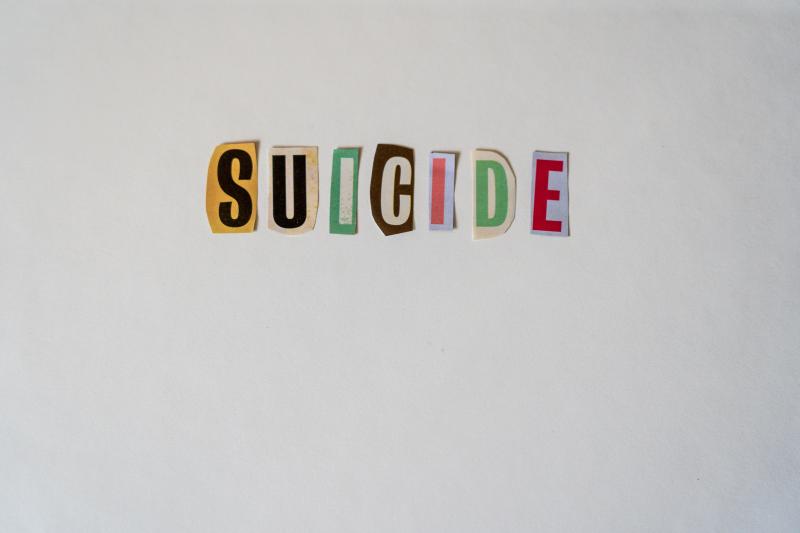
On the 22 February, the Belgian legislator adopted the new Book II of the Penal Code, which enshrines the new offence of incitement to suicide. Its aim is to protect people's lives, but it excludes assisted suicide and euthanasia from this range of protection.
In Belgium, an average of 2,000 suicides and 25,000 attempted suicides are recorded every year. Faced with an exponential increase in suicidal thoughts and attempts, on 22 February 2024 the legislator adopted a new provision criminalising incitement to suicide. By making it an offence to commit suicide, the legislator intends to "protect the life of the person concerned by penalising those who incite others (to attempt) to commit suicide" (Parl. Doc. 55-1011/001, p. 295).
After more than 150 years, a new Penal Code is launched, with articles 109 to 111 making incitement to suicide a criminal offence. The new article 109 defines this offence as "the deliberate accomplishment of an act likely to cause a person to commit suicide. Incitement to suicide is punishable only if it results in the victim committing suicide or attempting to do so". Incitement can be both psychological (convincing a person that suicide is the solution to their problems) and material (providing a weapon to convince a person that suicide is a real possibility). This behaviour will be punishable by a level 2 sentence, which can be one of six different sentences chosen by the judge, with imprisonment being the ultimate remedy. There are also aggravating circumstances, such as a situation of vulnerability, defined in article 79 as any person who is vulnerable "by reason of age, pregnancy, illness or physical or mental infirmity".
A certain contradiction between the legislator's stated aim - the protection of life - and the actual scope of protection of the offence becomes apparent when it excludes assisted suicide and euthanasia. The preliminary works of the law state: "The hypothesis where the suicidal person has asked for help to commit suicide and has taken the decision to kill himself after careful consideration does not fall within the scope of application. In such a case, there is no question of incitement to suicide, only of assisted suicide.” It was decided not to make assisted suicide an offence. It would therefore appear that the real aim of the provision is to protect the individual's own wishes rather than his or her life. Indeed, assisting suicide would also have to be criminalised in order to protect the life of the person concerned. But the legislator is at an impasse as soon as the law authorises euthanasia and assisted suicide under certain conditions.
To a greater extent, the question once again arises as to whether a society that increasingly normalises death by choice and intention of causing death (the number of declared euthanasia has increased 14-fold in 20 years), including for psychiatric patients, can still claim to be effectively combating the increase in suicides.
